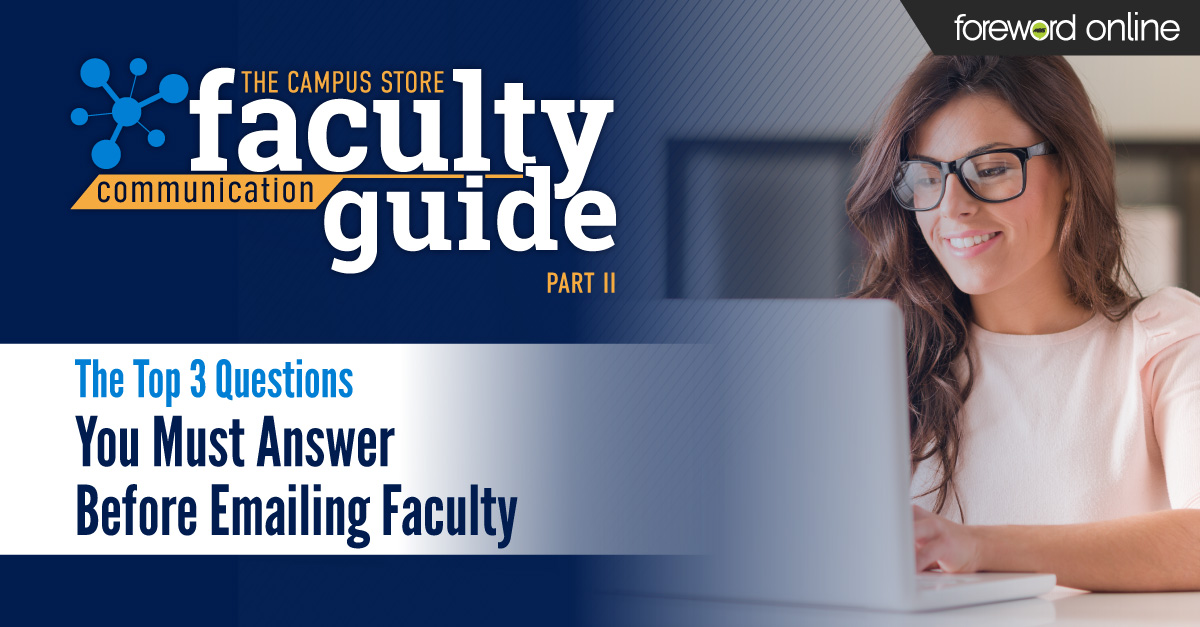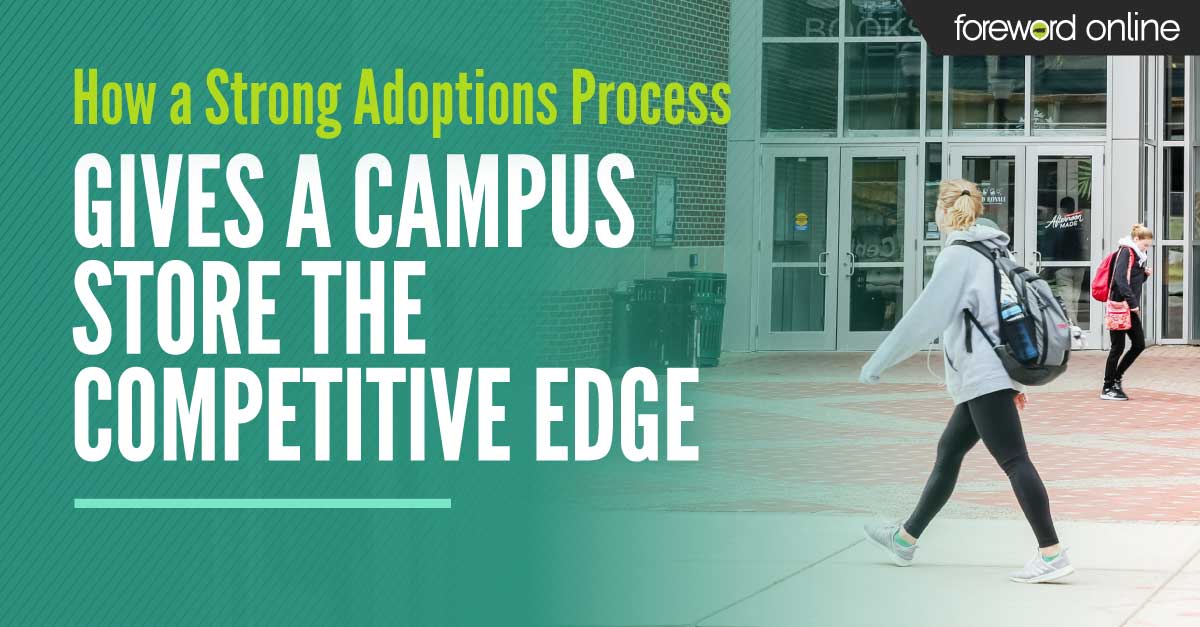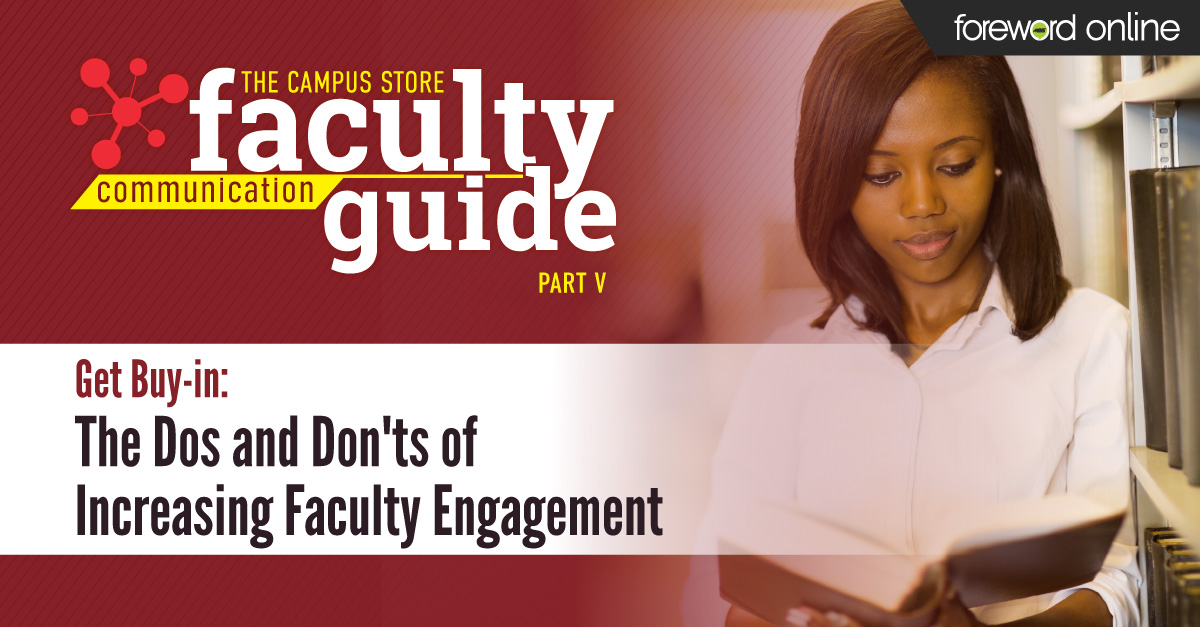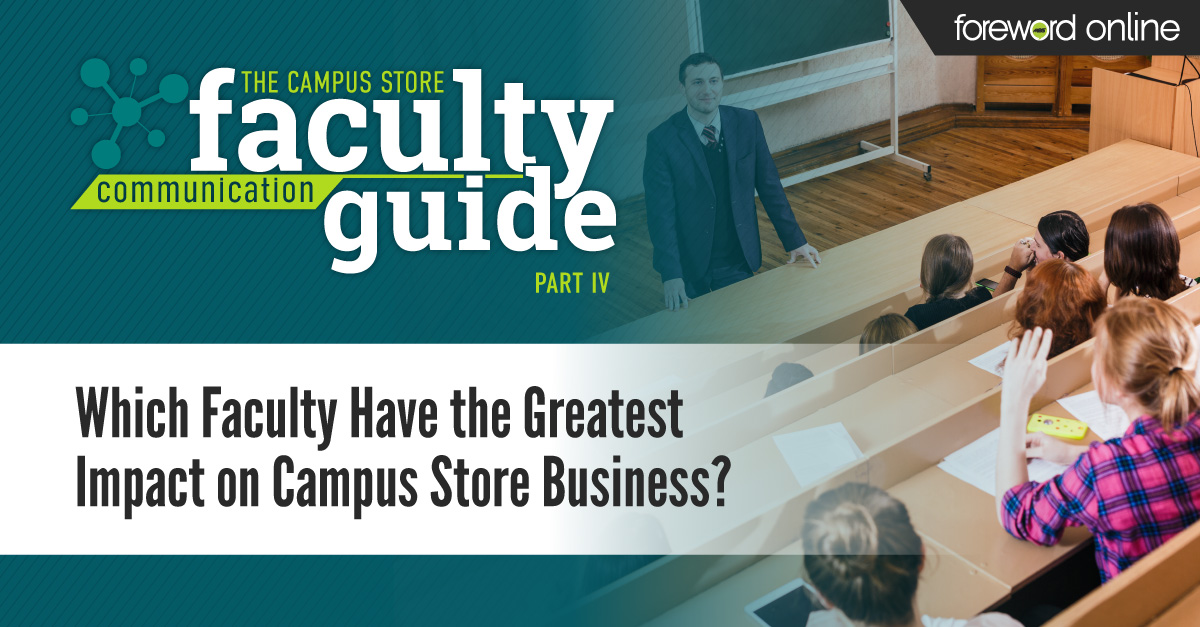Your campus store's business health, adoption rate and value to students depend on increased faculty engagement. For that reason, you must be strategic about writing campus store emails to faculty. It’s essential to invest time and energy in developing an interconnected set of emails that increase engagement. If effective, a powerful message entices readers to open your emails and do what you ask them to do.
Campus store email writing style
Many websites offer excellent guidance for business or academic email writing. The Grammarly blog offers tips that work for almost everyone. The consultancy Campaign Marketer has an insight-rich email writing guide for retailers. For a quick reference, you can review our Snapshot: Campus Store Email Style Guide here.
Snapshot: Campus Store Email Style Guide
- It's got to be short
No one has time to read an epic epistle at work. - Be professional but informal
That is, you don’t want it to sound like it was composed by a committee of language police (Whom are we addressing in this missive?). But you do want it to be reasonably void of glaring yet common errors: missing words, misspelled homophones (write, right?), etc. Professionals have a colleague proofread emails before sending any message that represents the business, its employees or the brand. - Stick to a single goal
Don’t try to make more than one point in an email. Choose your top priority, the action you want your reader to take, and stay with it.
Inside Higher Education and many campus writing centers offer advice for students sending emails to professors. Student-focused guides may not have the specific tips you need, but they provide valuable insight into the kind of emails that flood faculty inboxes. Knowing about these will help you set your communications apart.
Because most undergraduates are new to professional written communication, it’s common for teachers to receive emails without subject heads, names or punctuation. A clear presentation of your store’s identity and intention is the first way to set it apart.Your subject head, name and punctuation should let faculty know immediately who you are and whether you have a question, a comment or a request.
How a campus store sets its email apart
Increasing faculty engagement requires more than a professional email writing style. Faculty inboxes brim with communication from education stakeholders everywhere: the administrators, the department, the college, colleagues and publishers marketing the latest glossy disciplinary tome to name a few.
Setting your email apart from those demands strategic thinking. The subject of your email must connect to a larger theme or message from your store. Its subject must tie into a bigger story about why faculty should care about your needs. You must convey the big picture in a snapshot: that's your store message, or larger story of who and what you are to faculty.
A strong campus store message for increased faculty engagement
Without a firm grasp of your store’s message to faculty, it will be much harder to persuade your reader to care about immediate requests like, “We need your adoptions now!”
A strong campus store message is simple and easy to say in a variety of ways — like a classic elevator pitch. The Duck Store’s communications have a concise overarching message that could be summed up as We support education or the Duck Store serves students and faculty. In short, the Duck Store’s message is that faculty should care about campus store emails, because faculty care about students.
The questions campus stores must answer to develop a larger message for faculty
Your store’s message should be true, of course. A message is much easier to use effectively if you believe it. To start, it's easier to remember and reuse in all your communications. What's more, if you don’t believe what you’re saying, it’s hard to find the passion and authority you need to make your appeal memorable.
Before writing a faculty email, answer these questions with as much honesty and clarity as you can.
1. What is our store’s mission?Your store might have a complex mission that includes supporting students while furthering the school’s financial strength. You might have competing priorities. On the one hand, you serve students. On the other, you must turn a profit. This can cause confusion among faculty about your store’s brand. It’s perfectly fine for a mainstream retailer to unabashedly pursue profit. But, when faculty and students perceive a college retailer as money-hungry, there’s often backlash. Faculty direct students to other stores. Upperclassmen tell newcomers to take their business elsewhere.
Fortunately, a mission doesn’t need to discuss the bottom line. It’s likely that you can’t fulfill your mission without running a profitable business, but it’s not necessary to explain that. Instead, your store’s mission should focus on one to all three of the following:
- The service you provide the campus population
- The value you offer students
- How you further higher education
Your answer to this question is essential to developing an effective message. It’s likely that your store has goals that faculty don’t need to know, even if they’re important. That doesn’t mean those objectives don’t matter. It means they don’t matter to your reader. It’s critical to find a way to articulate the part of your mission that is tied to faculty goals.
If you save students money and lower education costs, faculty are likely to care. If your revenues further scholarly work in some way, faculty also care about that. If you, like other stores, see yourself as a critical feature in higher education’s network of support, that, too, is something you should share with faculty.
Now that you’ve answered the first two questions, you have a sense of your larger message. That means you’re ready to answer the last question.
3. What do we want or need faculty to do right now?
A campus store email must convey exactly what you want faculty to do
Don’t focus on what you want the faculty member to think or what you want them to know. You’ve established that with the answers to questions you developed about your mission and its connection to faculty’s mission.
If your goal is to prompt faculty to turn in adoptions on time, that’s wonderful. The simpler your objective, the better. Now that you can tie that demand to your store’s larger message about education, you have a recipe for success with faculty communication.
Our Faculty Communication Guide series continues with Part 3: Three Benefits of Marketing the Campus Store to Faculty.






